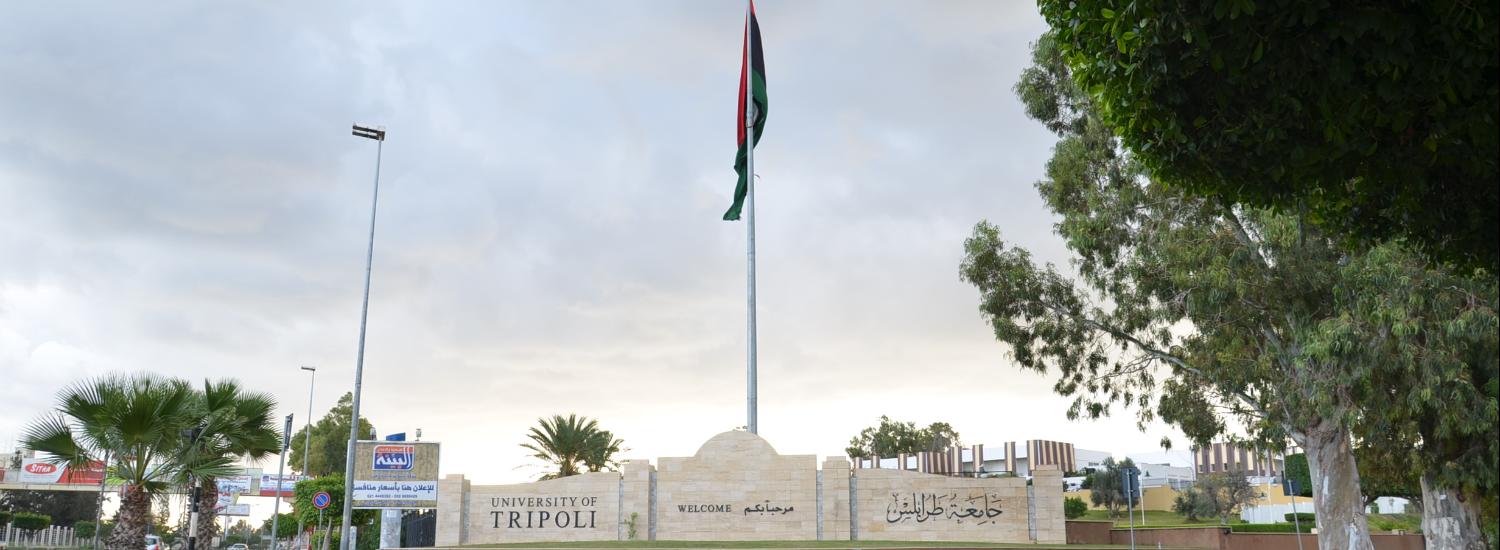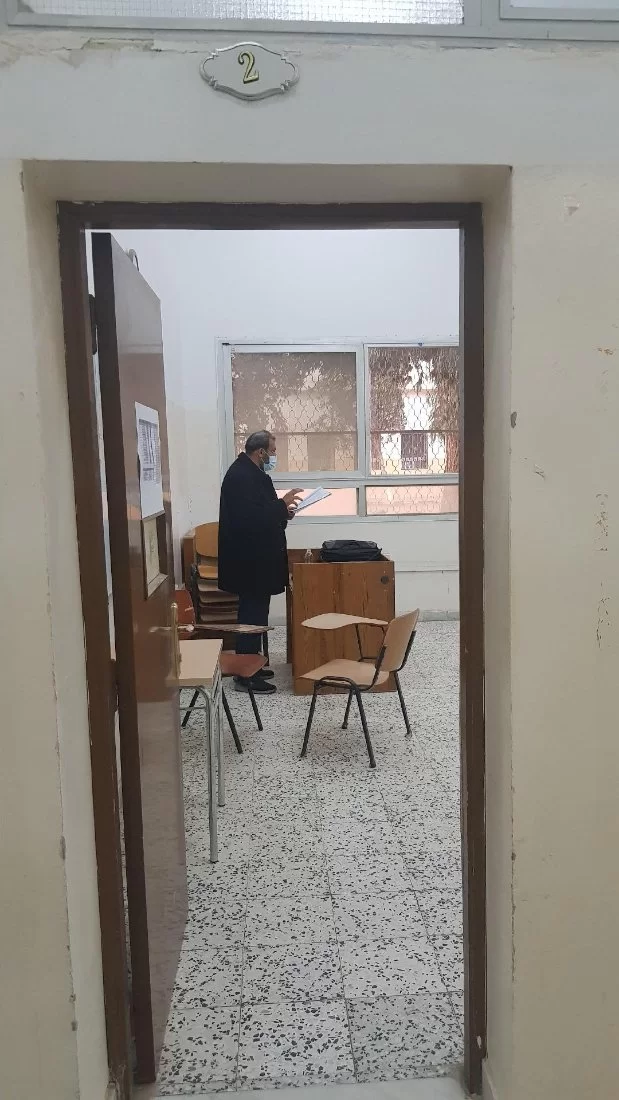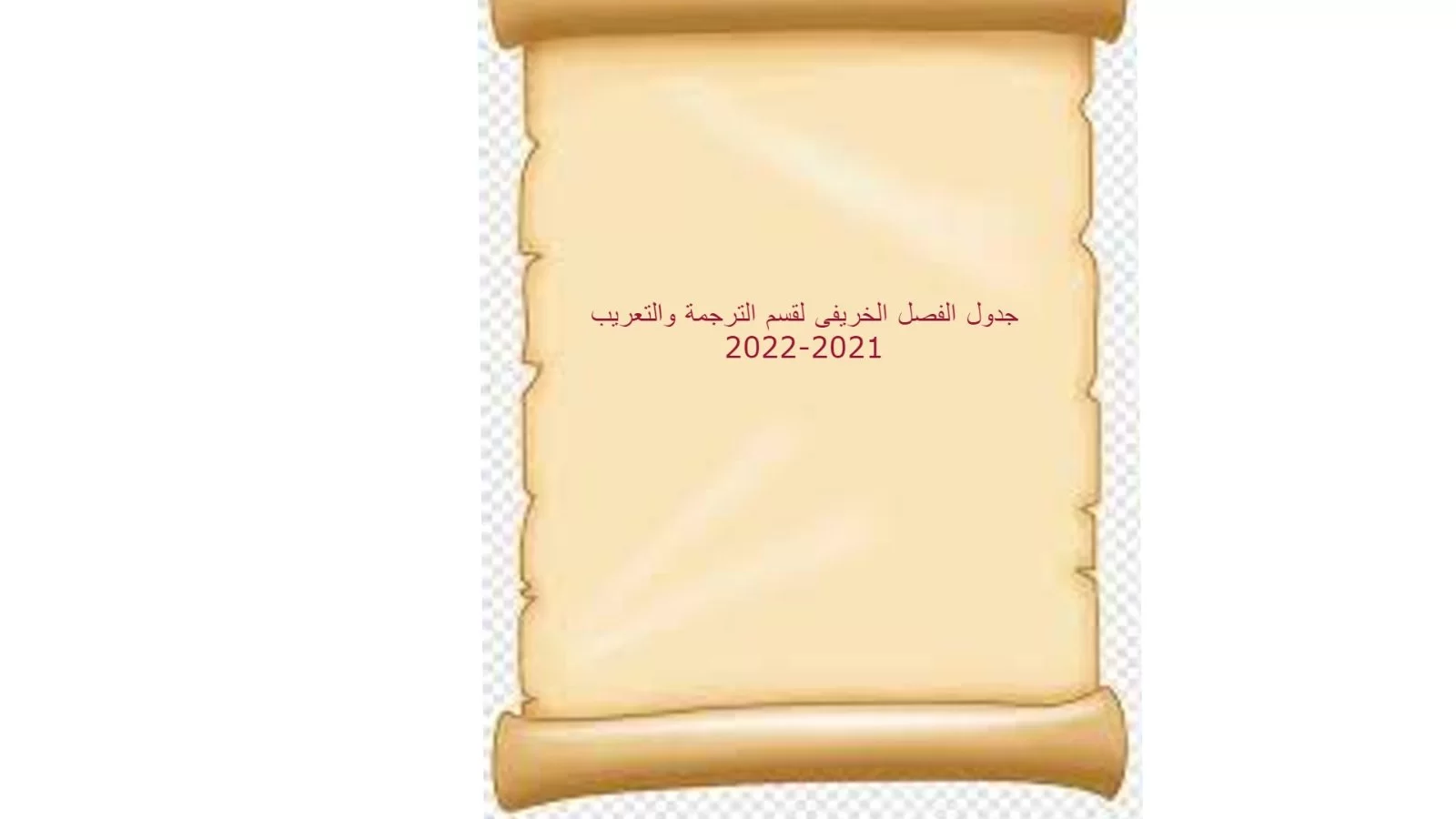قسم الترجمة والتعريب
المزيد ...حول قسم الترجمة والتعريب
استحدث قسم الترجمة في كلية اللغات / جامعة طرابلس اعتباراً من مطلع العام الجامعي 2008 م، ثم صار جزء من كلية اللغات بعد انبعاثها وولادتها من جديد، وجاء تأسيس القسم نظرا للحاجة الماسة لتوفير المترجمين المؤهلين في كافة مجالات الترجمة التحريرية والشفوية وخدمة المؤتمرات والندوات ولتشجيع حركة النقل من اللغات الأجنبية إلى العربية وبالعكس، وقد تم تخريج الدفعة الأولى من طلبة القسم في نهاية العام الجامعي 2012م.
وكانت البداية مقتصرة على النقل من الإنجليزية وإليها ويسعى القسم حاليا إلى إدخال اللغة الفرنسية اعتبارا من الفصل الدراسي خريف 2015م، كما يطرح القسم من خلال طلبته، أنشطة في الترجمة تخدم المؤسسات الوطنية والشركات والسفارات الأجنبية في طرابلس.
ويقوم على التدريس في القسم حاليا اثني عشر عضو من أعضاء هيئة تدريس من خريجي الجامعات البريطانية والأكاديمية الليبية (1) بدرجة أستاذ و(1) بدرجة أستاذ مشارك و(1)بدرجة أستاذ مساعد(2) بدرجة محاضرو(7) بدرجة مساعد محاضر من المتخصصين في حقل الترجمة. كما يضم القسم عدد (4) أربعة أعضاء بدرجة مساعد محاضر موفدين للدراية ببريطانيا وعدد (19) تسعة عشر معيد سوف يتم إيفادهم لاستكمال الدراسة بالجامعات الغربية المرموقة في تخصصات الترجمة وتكنولوجيا الترجمة وذلك لتلبية حاجة القسم ولتحقيق طموحاته المستقبلية.
حقائق حول قسم الترجمة والتعريب
نفتخر بما نقدمه للمجتمع والعالم
المنشورات العلمية
هيئة التدريس
الطلبة
الخريجون
أخبار قسم الترجمة والتعريب
من يعمل بـقسم الترجمة والتعريب
يوجد بـقسم الترجمة والتعريب أكثر من 13 عضو هيئة تدريس

أ. سامية خليفة أحمد عبدالله
سامية المحمودي هي احد اعضاء هيئة التدريس بقسم الترجمة والتعريب بكلية اللغات. تعمل السيدة سامية المحمودي بجامعة طرابلس كـمحاضر مساعد منذ 2012-04-21 ولها العديد من المنشورات العلمية في مجال تخصصها











